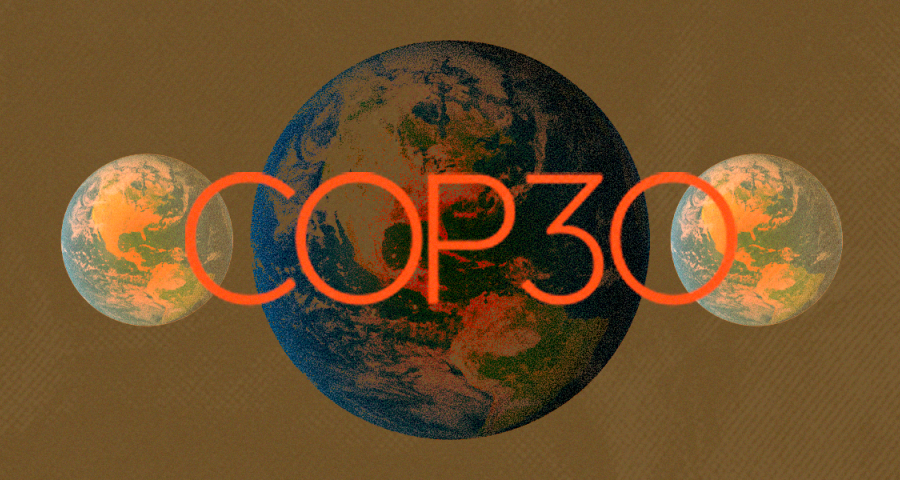A Media Matters review has found that corporate broadcast and major cable news networks dedicated relatively little coverage to the recent COP30 summit in Brazil, the world’s highest decision-making process on climate change — though reporting by CNN and MSNBC did highlight some key narratives related to the current state of global climate action.
COP30 — which proceeded without an official U.S. delegation — opened on November 6 while the main sessions got underway on November 10 and concluded on November 21.
This year’s conference sought to address numerous issues, creating a roadmap to phase out fossil fuels and a landmark declaration on the threat of disinformation in addressing climate change and a newly proposed initiative to reduce deforestation.
As in previous years, the gathering was met with protests by Indigenous and civil society groups calling for stronger climate action. This year, although 2,500 Indigenous people gathered in Belém, Brazil, for the summit, only 14% (360 individuals) received credentials to attend negotiations. (No members were part of Brazil’s official delegation.) By contrast, fossil fuel lobbyists were overrepresented at the COP30 climate negotiations to the chagrin of climate organizers and Indigenous climate activists. In one demonstration on November 14, indigenous groups blocked the entrance to the conference and demanded to speak to Brazilian President Luiz Inácio Lula da Silva.
Reporting on the protests by TV news outlets was sparse, while the attendance of California Gov. Gavin Newsom was widely covered. CNN and MSNBC discussed how the U.S. is falling behind in the clean energy technology race while China gains ground. Additionally, 22% of segments mentioned Bill Gates’ controversial climate memo to world leaders. Meanwhile, Fox News coverage attacked Newsom and undermined climate science.
